◄ Back
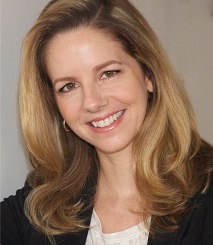
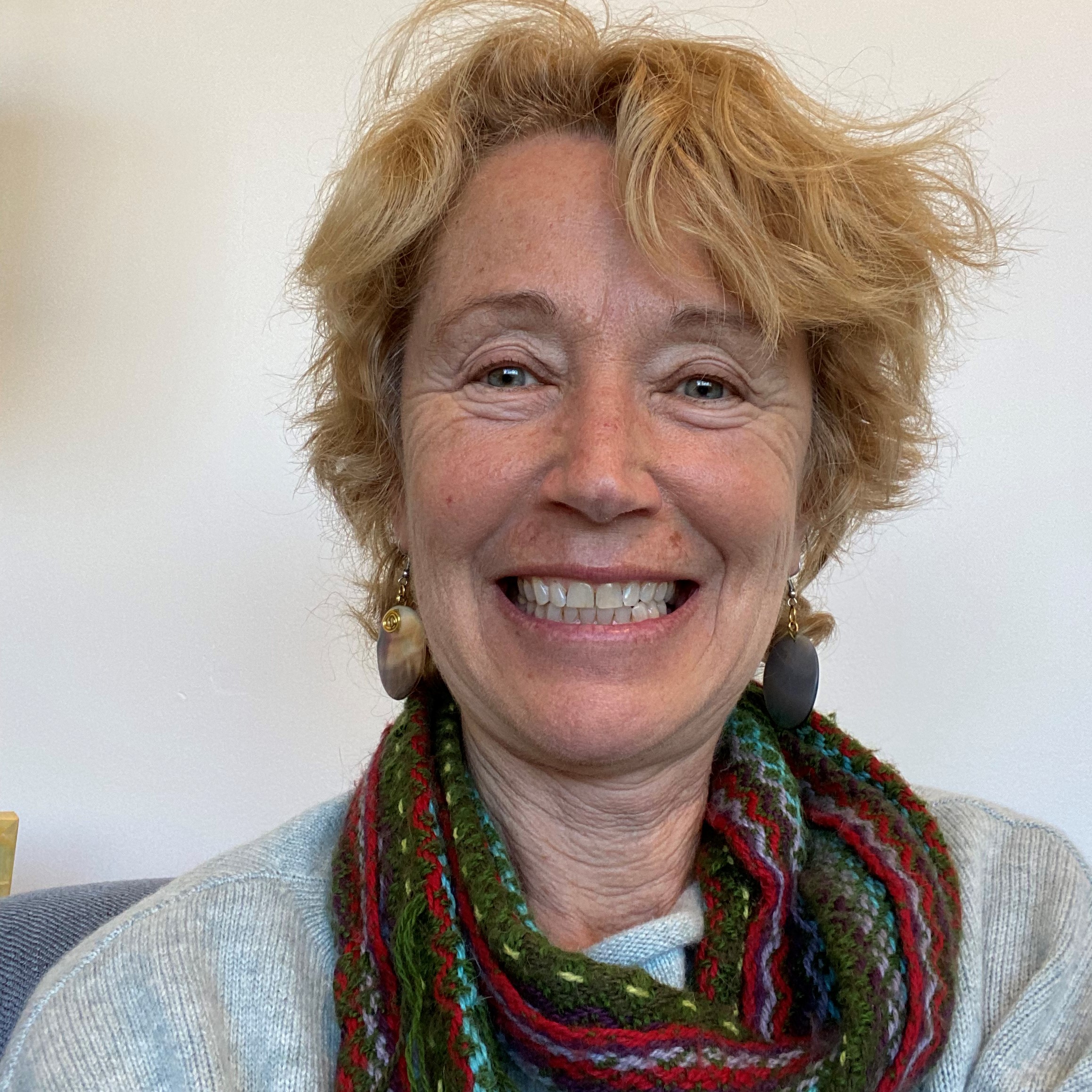
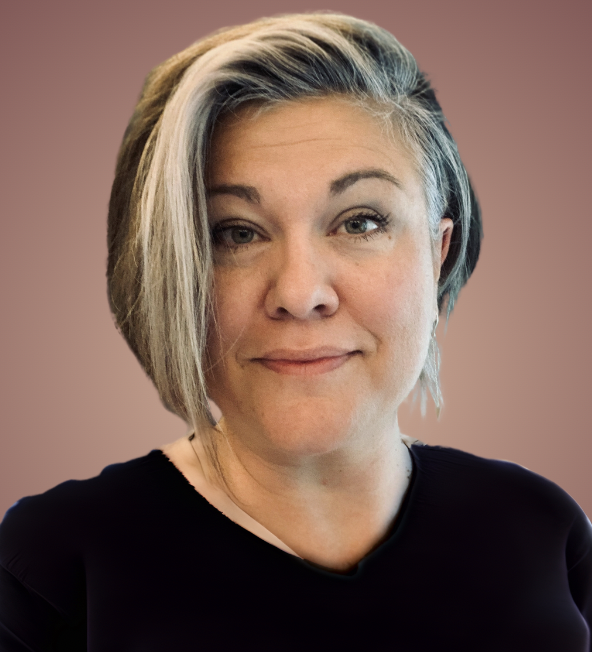
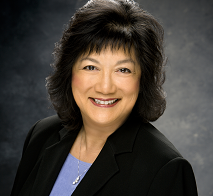
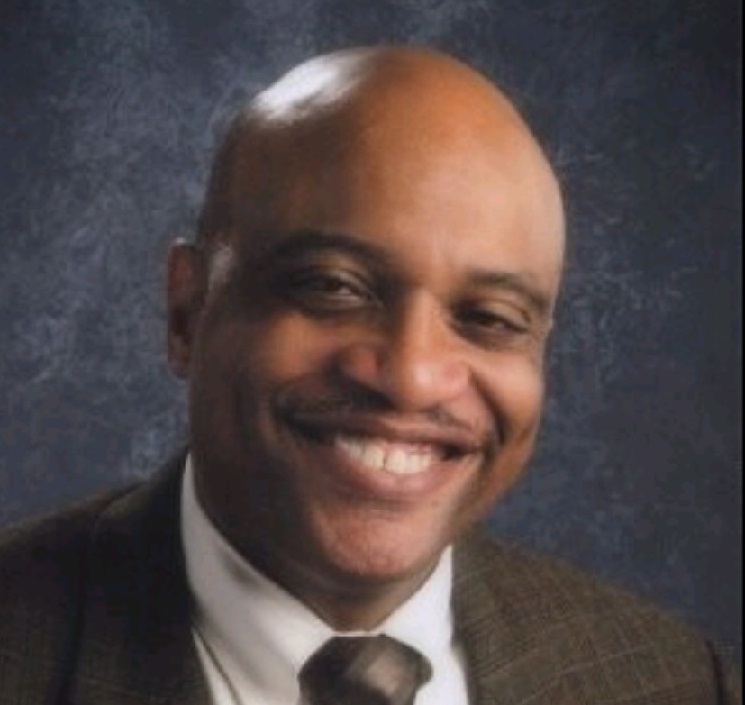
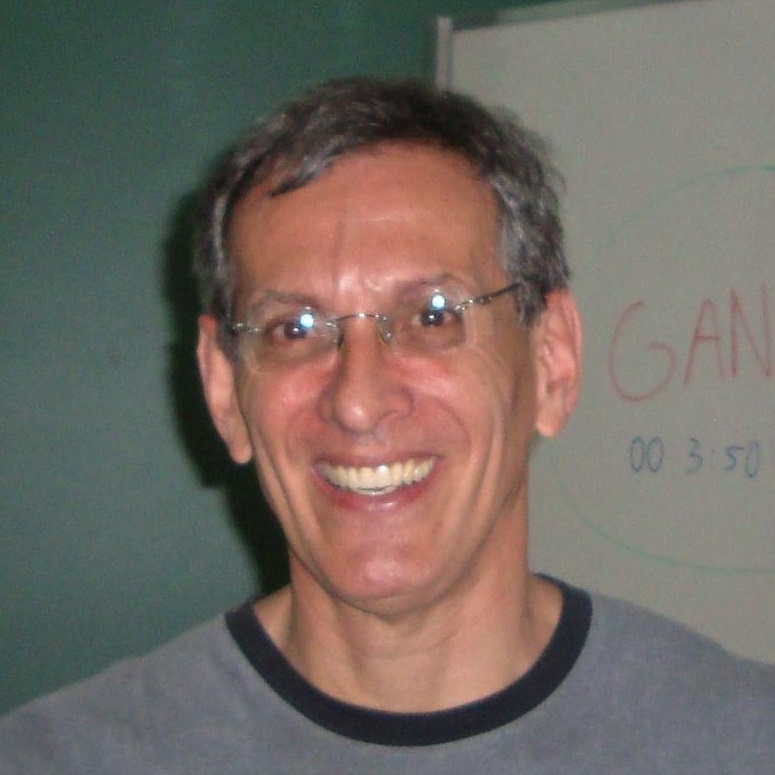

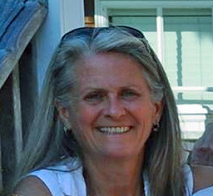
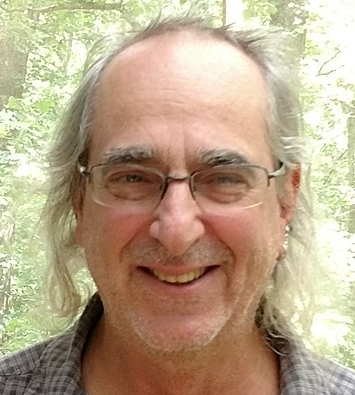
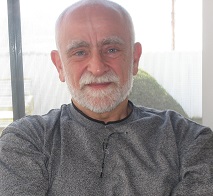
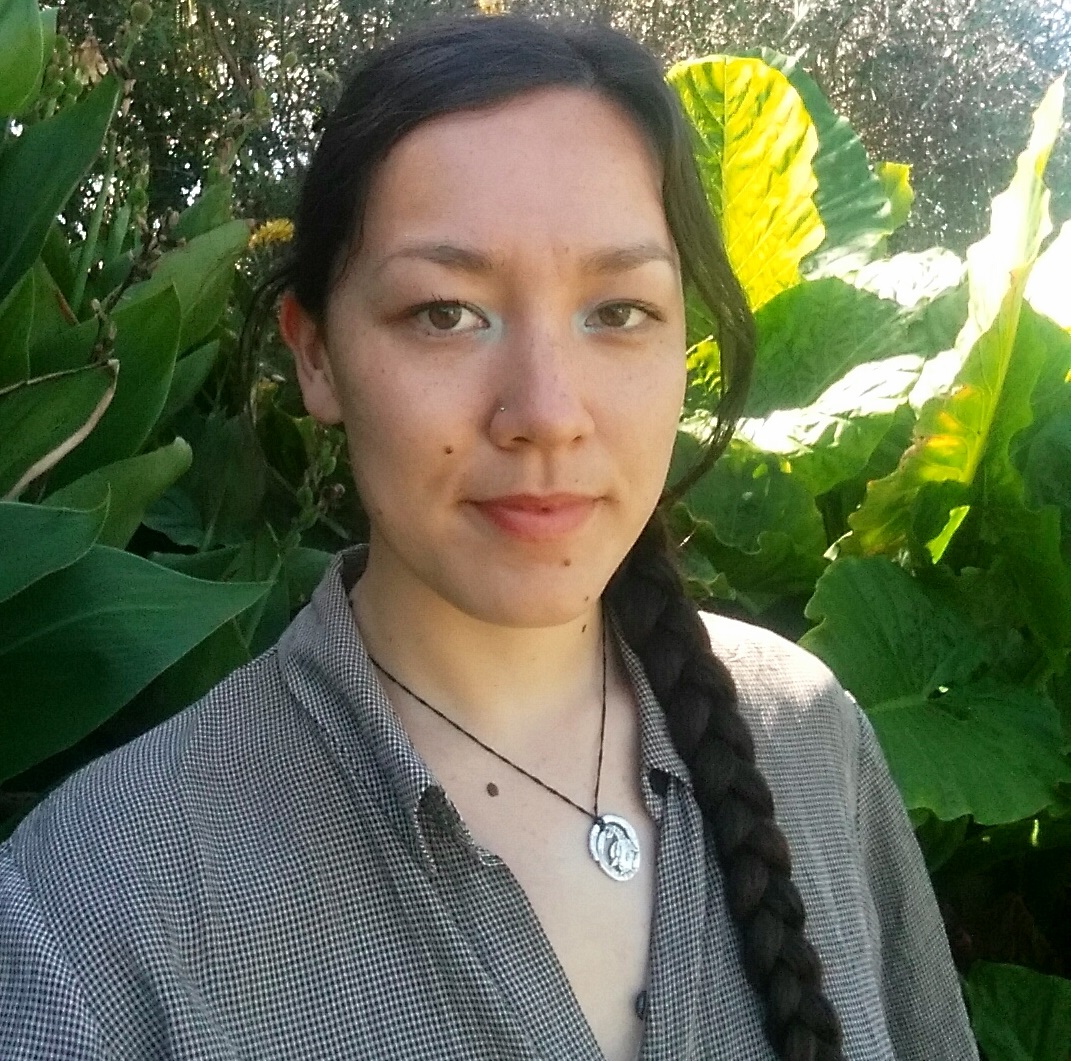
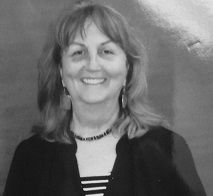
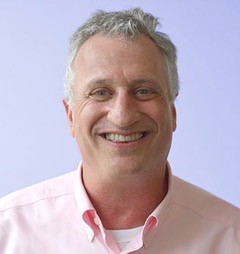
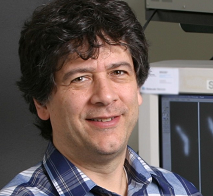
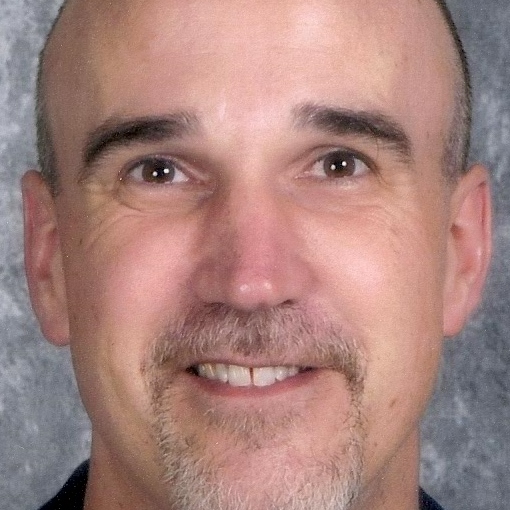
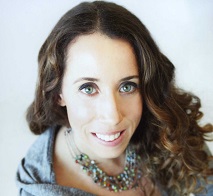
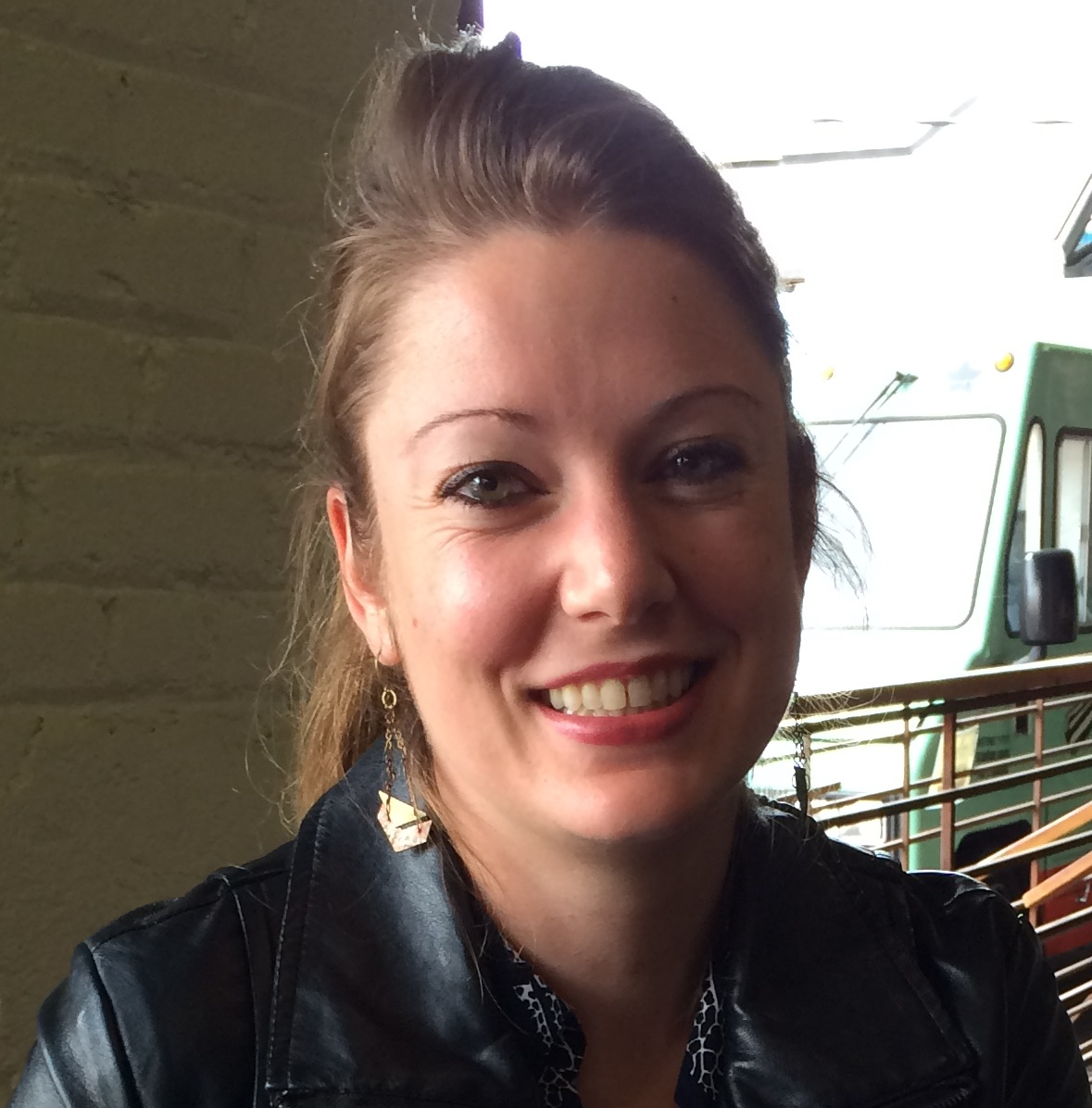
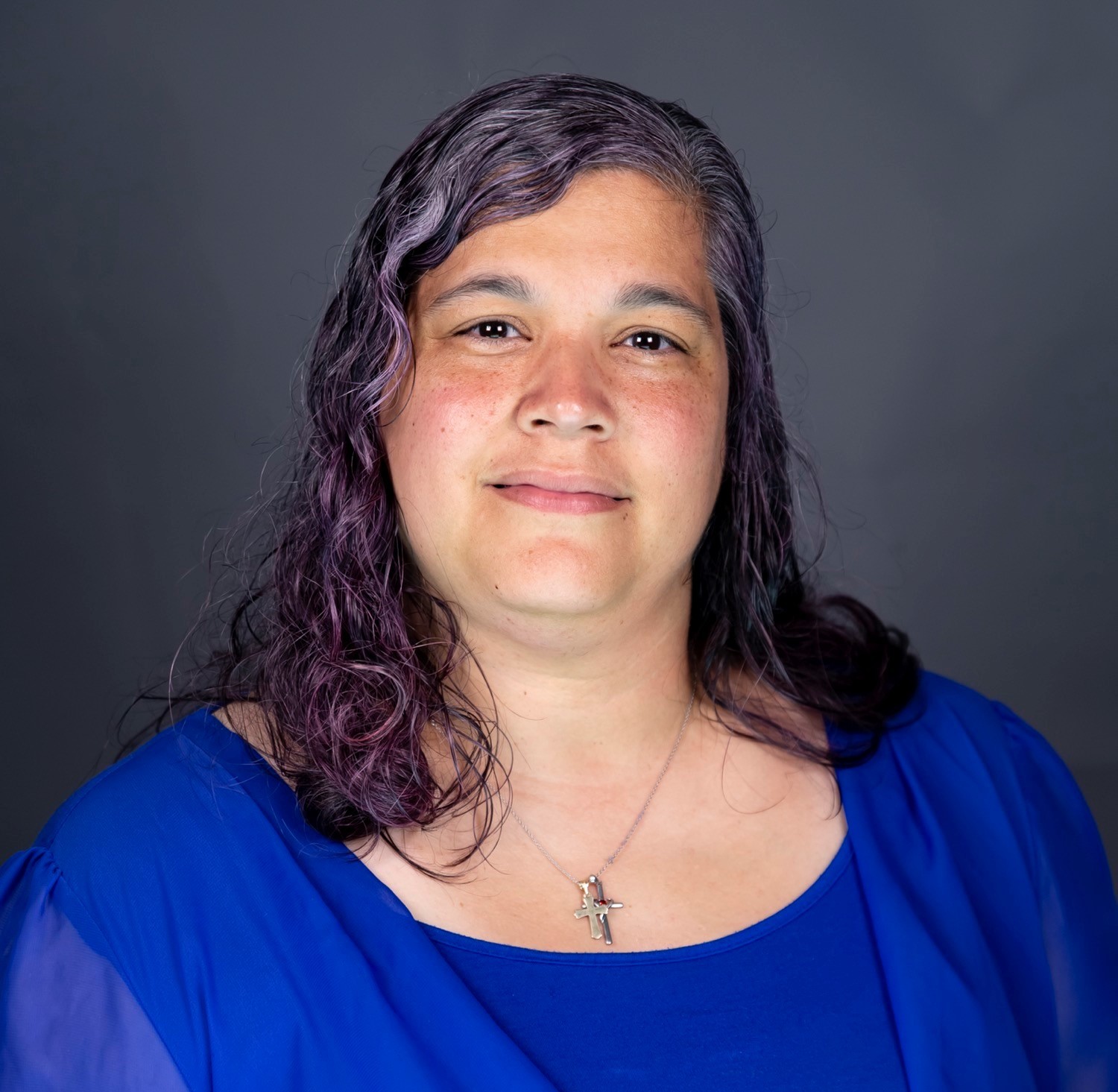
Meet the EduChange Team

Catherine Saldutti has over 30 years of experience in secondary education, and has served as a teacher, administrator, professional development provider, evaluator, and edupreneur. She founded EduChange in 2000 to fundamentally reimagine and redesign the systems and structures that deliver formal education. She led EduChange to serve over 350 schools in New York City, several school districts across the USA, and schools in Sao Paulo, Kuala Lumpur, Tokyo, Culiacan and Tijuana. Catherine has pioneered novel educational designs and actualized them with her team of researchers, master educators, and STEM professionals. These designs include Sustainable Open Educational Resources (SOER) for regenerative educational publishing, multi-year competency-based assessment systems, educational content that is "born accessible," transdisciplinary instructional models, and on-the-job teacher training programs. Catherine holds a patent for the Concept Construxions product line, a transdisciplinary pattern-recognition system that helps learners construct multiple representations of concepts socially and collaboratively. Polytechnic schools in Singapore and New Zealand, as well as hundreds of teachers in the USA, have been trained with these methods. She is now developing transdisciplinary collaboration models based on the international STEM expert peer review that powers The EduChange Integrated Science Program. Catherine earned degrees from Stanford University, where her independent study on International Technology Education contributed to the late J. Myron Atkin’s work on TIMSS development, and The Harvard Graduate School of Education, where she served as Chair of the Dean’s Advisory Committee. She speaks regularly to international audiences of educational thought leaders, the EdTech community, administrators, teachers, and parents in the USA, China, Brazil, The Netherlands, Chile, Malaysia, Australia, New Zealand and the UK. Download Catherine's professional CV here.

Dr. Nikki Barratt is an accomplished educator with over 30 years of teaching experience in schools around the world in the Middle East, Africa, Latin America, and in several US states: California, Florida, New York, and Connecticut. She has taught in IB, AP, middle school, and project-based settings. In addition, she has worked for the International Baccalaureate Organization for 20 years developing assessment criteria, standardizing assessment practices, and writing curriculum. Her specialty is helping students with individual research projects that allow students to develop solutions to real-world problems. She was honored to have students compete at the Intel International Science and Engineering Fair Pittsburgh in 2018. In addition to teaching, she has worked as a STEM coordinator, building NGSS aligned curriculum and assessment practices K-12 in science, technology, and engineering. She is currently building a Sustainability Diploma High School program. She has been cited by Atlas for outstanding curriculum in physics and biology. She co-wrote a 2-year college certificate program in Sustainability as well as a 4-year high school curriculum in Innovation and Entrepreneurship. Nikki has been campus steward and sustainability coordinator at 3 schools, putting students to work on energy reduction, biodiversity improvement, and communication projects. Nikki has higher education teaching experience in Anatomy & Physiology, Microbiology, Oceanography, Physical Science, Biology, and various ecology courses. Nikki earned a B.S. in Geology from the University of Delaware, an M.S. in Oceanography from Brown University, and a Ph.D. in Environmental Engineering from the University of California at Berkeley. Nikki has taught through the pandemic and serves as an Integrated Science Coach and Laboratory Learning Specialist for EduChange.

Trish Beck has been teaching overseas in American and International private schools and schools for over 19 years. She holds a Bachelors in Science Education and Math from the University of Regina in Canada. She is fully trained at all levels in the International Baccalaureate program for both Biology and Environmental Systems and Societies and has worked as a Higher Level Biology Exam Moderator. Trish was the Head of the Science Department in Colegio Internacional de Caracas, Mont K’iara International School in Kuala Lumpur, the American School of Madrid, and Graded American School in Sao Paulo. She led her departments through numerous implementations of integrated science curricula, including EduChange in Brazil. She has presented numerous workshops in conferences such as the East Asian Regional Council of Schools (EARCOS), American Association of South American Schools (AASSA) and the Mediterranean Association of International Schools (MAIS). Key workshops include: “Using Digital Interactive Textbooks with the EduChange Program." She has a passion for creating more immersive field experiences with students and worked with The Chesapeake Bay Foundation to create a program that studies pollution and climate change effects on the Baltimore Harbor during her time at Washington International School (WIS) in Washington, D.C. Trish is a former Integrated Science teacher, and we are honored to bring her on as an EduChange Coach and International Schools specialist.

Beverly Ann Chin, Ph. D., is Professor Emeritus of English, Former Chair of the English Department, Former Director of the English Teaching Program and Montana Writing Project, and Former Director of Composition at the University of Montana, Missoula. She currently serves as the Board Vice President of the Writing Coaches of Montana. Her national leadership roles have included President of the National Council of Teachers of English, Board Member of the National Board for Professional Teaching Standards, Senior Project Consultant for the 2011 Writing Framework of NAEP, Faculty Reviewer of Common Core State Standards, and Member of Instructional Design Team for Advanced Placement—English. Beverly has received numerous awards, including the 2023 James R. Squire Award, a special award given to an NCTE member who has had a transforming influence and has made a lasting intellectual contribution to the profession. Beverly was also honored with the NCTE Distinguished Service Award, the Richard W. Halle Award for an Outstanding Middle Level Educator, and the Rewey Belle Inglis Award for an Outstanding Woman in the Teaching of English. Beverly has extensive experience in curriculum development for Montana’s Indian Education for All. She also has worked with many schools on developing place-based education and teaching for social-emotional learning and social justice (diversity, equity, and inclusion). A frequent speaker at international and national conferences, Beverly is the author, consultant, and/or editor of several texts and instructional videos on the teaching of writing, grammar, reading, and literature. She is a Board Member of the Montana Association of Teachers of English Language Arts and the Writing Coaches of Montana. With over 40 years of teaching experience, Beverly has expertise in the areas of literacy across the curriculum, multicultural education, and English language arts standards, curriculum, pedagogy, and assessment. She is dedicated to teaching and mentoring for lifelong learning and to supporting professional development for all educators. Beverly was a lead developer of Literature Concepts and Grammar Concepts of the Concept Construxions system. She is an expert reviewer and collaborator on the literacy approaches utilized in the EduChange Integrated Science program.

Eric Chism has over thirty years of experience in elementary and secondary education. He has taught high school English language arts, 7th grade science, 3rd, 4th and 8th grades, in several urban, suburban, and rural school districts in the United States. Eric has served as an assistant principal, K-8 and high school principal, community school principal, dean of students, chief academic officer, and vice president of an educational management organization (midwest region). He has coached and trained principals in Chicago, Detroit, Atlanta, and Memphis. Eric spent three years as a nationwide educational consultant for Cambridge-based Bolt, Beranek and Newman (BBN), where he provided professional development for hundreds of teachers in eleven schools in Cincinnati, Memphis, and Miami, using the Co-NECT reform model. He has served as a consultant for Davenport University in Grand Rapids, Michigan and created several leadership courses for its inaugural urban school leaders master's program. Eric also worked as a program manager for Atlanta's Morehouse College and was instrumental in creating the foundation for its teacher education program, which focuses on STEM teacher certification. Eric participated in a leadership exchange between American principals and French policy makers, researchers, and principals in Lyon, France. Eric also served as an advisor for freshman students at Harvard College, and provided tutoring for students enrolled in freshman English and social studies courses. He has held memberships in ASCD, AASA, NCTE, NAASP, NABSE, and Learning Forward. Eric earned a bachelor of arts degree in English from Morehouse College, a master's degree in educational leadership from Harvard's Graduate School of Education, a master's degree in education from The University of Pennsylvania, and is in the process of completing his dissertation via The University of Pennsylvania's mid-career doctoral program in Educational Leadership. He also completed a master's level principal certification program at California State University-East Bay. Eric has started several research based mentoring programs for adolescent males and taken them on college tours all across the United States. Eric enjoys spending time with family, loves jazz, and reading. Eric is an Academic Leadership Coach for EduChange.

Amancio Friaca, Ph.D. is an astronomer and researcher at the Institute of Astronomy, Geophysics and Atmospheric Sciences (IAG), University of São Paulo, and works in the areas of astrobiology, cosmology, evolution of the complexity of the Universe, interdisciplinary studies, science teaching, and relationships between science and society. He organized several meetings on astrobiology and interdisciplinary disciplinary dialogues. As one example, his students (working in São Paulo, Minas Gerais and Pará) introduced the discussions on Anthropocene within the frame of habitability, which is one research axis in astrobiology. He is the coordinator of the Graduate Program in Teaching of Astronomy at IAG and has been responsible for several science education research projects throughout Brazil. The PTA aims at creating educational tools integrating the natural science disciplines (physics, chemistry, biology, astronomy, and environmental sciences) to humanities (philosophy, history and geography). The students of PTA are mainly teachers in fundamental and secondary school but we also include museum and planetarium personnel. Twelve Master's Degrees were conferred in 2017 alone. We are thrilled that Dr. Friaca is serving as EduChange's Head Scientific Advisor for Latin America, connecting us with researchers as well as educational initiatives!

Hillary Goldthwait-Fowles, Ph.D. ATP is an accessibility accomplice providing training, support, and consultation to organizations around Assistive Technology, Accessible Educational Materials, and Universal Design for Learning. She is passionate about ensuring that learning is inclusive and accessible for all learners in a way that makes sense for them. Currently she is an instructional designer for the Kennedy Krieger Institute, which is affiliated with the Johns Hopkins Children's Center. She served as an Assistive Technology Specialist for RSU 21 in Kennebunk, Maine where she was grateful to “be paid to think differently.” She supported inclusive learning practices across the district through the intentional use of AT, AEM, and UDL, training teachers and supporting students directly. Hillary has written and spoken in various spaces around AT, AEM, and UDL. She is an adjunct faculty member for the University Of New England’s graduate certification programs in inclusion, as well as the University of Maine at Farmington’s graduate programs in Special Education. Home is where her heart is in Saco, Maine with her husband, son, and stepson (who have both left the nest) and cats. Hillary is the Assistive Technology & UDL Advisor for EduChange.

Dr. Ann Kindfield is an experienced university instructor, research scientist, assessment developer and program evaluator. She has taught biology, genetics and various science education courses, including work with pre-service secondary science teachers, at University of California at Berkeley, Montclair State University (NJ), and Vanderbilt University. She also has extensive experience in K-16 science assessment R&D in academic settings and at the Educational Testing Service (ETS). Ann conducted research on elementary science and secondary biology teaching and learning, and served on advisory panels and as the evaluator for a number of science education research projects. She taught math and writing in rural Tennessee, helped manage homeschooling administration, and during the pandemic taught online courses to upper elementary and middle school students in Southern California. Ann holds a BS in Biology from the Pennsylvania State University, a MS in Biochemistry and Molecular Biology from the University of California, Santa Barbara, and a Ph.D. in Science Education from the University of California at Berkeley. Currently Ann is co-leading Hilltop Education Connections near Idyllwild, California where she provides tutoring, hands-on math, and communication arts enrichment classes to K12 students. She also provides online course instruction. Ann has worked extensively with NGSS, AERO, McRel, NY Regents, and other sets of standards since 2012 to support the digital delivery of Integrated Science in the USA and overseas.

Dr. Peter Kindfield is an experienced university instructor, curriculum developer, public and private school teacher, private school principal, and environmental educator. He has taught science education courses at both the Brooklyn and City College campuses of the City University of New York, including courses for pre-service secondary science teachers. Peter was the science coordinator and lead science staff developer for Community School District 2 in Manhattan. He also participated in the development of the New York City Science Standards. He taught K-12 science in rural Tennessee, where he was principal of a small private school. He led the Educational Services team at NeXT Computer, Inc., founded by Steve Jobs. Peter holds a BA in Psychology from the University of California, Santa Cruz. He holds a MA in Educational Psychology and a Ph.D. in Science Education from the University of California, Berkeley. Currently Peter is co-leading Hilltop Education Connections near Idyllwild, California where he teaches outdoor science. He has deep expertise in permaculture and advises schools and organizations on these methodologies and approaches. Peter develops inquiry-based laboratory experiences for EduChange.

Aaron Joseph Kleinmann’s has taught most high school science and math courses as well as college courses in physics and mathematics. Joseph’s teaching certifications (NY) include chemistry, physics, and general science. Notable accomplishments in Joseph’s three careers include: teaching: his team’s inner-city students had a graduation rate of 85% vs. the school norm of 30%; research: a computer model he built successfully predicted the economic impacts of a radical (at the time) new health technology (PTCA: percutaneous transluminal coronary angioplasty); and industry: products he innovated were critical to survival of premature babies, oncology research, and cardiology. For Joseph, teaching, research, and industry are closely intertwined; his professional and personal work is rooted in theory, reality, and the diffusion and adoption of new technologies and approaches in teaching and learning. Joseph graduated from MIT on several occasions: with a BS in Mechanical Engineering, an MS Engineering, and a MS of Management. He also earned a MSEd. In Supervision & Administration from Fordham University, and is currently completing his dissertation for a Doctor of Professional Studies in Computer Applications to Education at Pace University. Joseph participated in the first implementation phase of The Integrated Science Program as a teacher. Currently, he works with EduChange to support the program’s ongoing evolution.

We discovered Jenny Palmer's talents when she was still in high school and contributed illustrations to our Integrated Science Program as a student artist. Some of them are displayed throughout the website. While in high school in the Greater Auckland area, Jenny received the NZ-wide NZQA/NCEA Top Scholar scholarship in Painting (2013). She went on to attend Auckland University of Technology (AUT) where she earned a Bachelor of Visual Arts majoring in sculpture, graduating in 2016. Jenny wants to extend her jewelry and cutlery-making skills, as well as her illustration skills. She is also the resident EduChange artist!

Dr. Donna Poniatowski is an accomplished educator with over 30 years of teaching experience in public education, urban and rural, ranging from AP and Gifted to at-risk students in an alternative setting. She was Teacher of the Year 2012, NATIONAL SECME Director of the Year in 2008-09, and is a founding member of the National Center for Simulation’s Education Board. Donna has facilitated student participation in industry-oriented conventions such as the Interservice/Industry Training, Simulation and Education Conference (I/ITSEC). Donna has been a part of several committees and advisory panels for the State of Florida including assessment writing, standards writing, and the Office of Mathematics and Science. She was a lead curriculum writer for a 4-year Bioengineering program for a District Engineering Magnet School, a 3-year Biotechnology program for middle school, and a 4-year Science Research Program. She served as a consultant for a multi-district Modeling and Simulation curriculum. Donna has higher education experience, including teaching Animal Physiology at the University of Central Florida, Molecular Biology at Seminole State College, and Elementary and Secondary Science Education at both UCF and the University of New Orleans. She earned her Doctorate of Educational Leadership from the University of Central Florida and holds multiple certifications in Science and Exceptional Student Education. EduChange is grateful for her guidance since 2010, and we wish her a happy retirement!

Ken Simon has over 30 years of experience in urban, semi-urban, and suburban schools. Ken began his journey as a teacher in outdoor education deeply immersed in experiential learning and equity. He brought that learning focus to his teaching, first as a social studies classroom teacher. He has served as a teacher, curriculum/instruction leader, mentor, coach, district administrator and professional development provider for teachers and school leaders. Most of his teaching and administrative career took place in Minneapolis Public Schools, including as a leader in the citywide Middle Grades Project and as a Board Member of the Minnesota ASCD chapter. In 2004 he left the district and began working for Expeditionary Learning Outward Bound as a School Designer. He led the design and development of a new school in the Denver area. Over the course of his career he collaborated with other educators to lead the development of several new schools. Throughout his career he has taught at the graduate level at several universities, most recently teaching several courses on equity, leadership, and the history of education for doctoral candidates. He also serves as a doctoral coach for students writing their dissertation. Ken currently serves as the Deputy Director of Leadership Initiatives for the Institute for Educational Leadership. He also holds a doctorate in Educational Leadership and is a published writer on various education topics ranging from equity, teaching and learning, to leadership coaching. He also holds an M.A. in Curriculum & Instruction, International Development Education, a B.S. in Secondary Education from the University of Minnesota, and a B.A. in History and Political & Government from Ripon College. Ken is an Academic Leadership Coach for EduChange.

Dr. Sandy Simon is the Head of the Laboratory of Cellular Biophysics and Professor of The Rockefeller University. Dr. Simon has been examining everything from single molecules moving in a cell, to single viruses as they assemble, to single cells as they metastasize through the body. His work has emphasized the importance of study single events, whether single proteins, single cells or single students as a way of gaining insight to the behavior of more complicated systems such as cells, an organ, an individual or a school system. His recent imaging work with HIV was named one of the "Top 100 Science Stories of 2008" by Discover Magazine. Dr. Simon also made remarkable contributions to the Nobel-Prize winning work of Günter Blobel, also a Rockefeller Lab Head. Dr. Simon has been active in science education since the '70s. In 2006 he was recognized for his outstanding teaching at Rockefeller and was recognized for his contributions to science education at Bard College in 2007. For EduChange, he has organized other Rockefeller University students and scientists in the development of The Integrated Science Program, advises the EduChange team and has hosted several PD events at Rockefeller University.

Todd Smeltz taught general science and mathematics at William Penn High School in the York City School District before heading to Upper Dauphin Area High School, a small rural school district. He has taught chemistry and mathematics classes since 1988. Todd has been involved in several educational initiatives over the years, including Advancing Science, where he was paired with researchers at the university level for two years to determine the sodium level in the moon's atmosphere. He participated in a field study with McREL in an effort to integrate nanoscale materials and their properties into the high school chemistry curriculum. Todd also led a professional development effort for the Science in Motion program to introduce teachers in several Pennsylvania counties to nanotechnology lab activities that can be performed in high school science laboratory. Todd has held the position of science chairperson at his high school for several years, and is currently the president of his local teachers' association and an elected state delegate to the National Education Association's Representative Assembly. Todd earned a B.S in Mathematics and Chemistry Education from Mansfield University, and a M.S. in Science Education with a Concentration in Literacy from Dominican University. Todd also holds a Certificate in Online Learning from Lesley University. He tests protocols in the classroom and reviews resources for Integrated Science.

Dr. Jennifer Sweny has been a tertiary teaching assistant in Canada and New Zealand since 2002. She has a wide variety of teaching and research experience and his been involved in undergraduate teaching of biology, chemistry, physics and sports science. She has a PhD in biomedicine from the University of Auckland, an MSc in Biophysics and a BSc in Biochemistry both from the University of Waterloo in Canada. She holds a Certificate in University Teaching and has served in the following capacities: a biology tutor at Auckland University; biochemistry and cell biology instructor at Massey University; and Sports Science lecturer at the Universal College of Learning--all in New Zealand. Her past research projects include studying the metabolism of a diabetes drug; measuring the forces that act between cells in cell aggregates; investigating molecular mechanisms of cell replication in yeast; developing vaccines against a parasite in chickens; and investigating inflammation mechanisms in arteriosclerosis.

Kristine Varney has taught physics and led science teachers at a variety of levels for over 15 years. She taught in Brooklyn for six years before moving to become a physics teacher and science department chair at the Emery/Weiner School in Houston, TX. There, Kristine advised the Shalheveth Freier International Physics Tournament Team at her school, a safe-cracking engineering design program run by the Weizmann Institute of Science of Rehovot, Israel. She recently served as the Director of STEM Education for Foxcroft School, an all-girls private school in Middleburg, VA. Kirstine is currently the Director of Instruction at Norfolk Collegiate in Virginia. Her experiences in different schools and programs have supported her development of a student-centered, inquiry-based approach to teaching. Kristine earned a B.A. in Physics with honors from Middlebury College and her M.A. in Teaching from Duke University, where she later served as a Mentor Teacher for the Duke Noyce Teaching Fellows program. Kristine earned a second Master's degree in Educational Administration and Supervision from the University of Houston, TX. In 2022 she was awarded her doctoral degree in Ed. Leadership from Vanderbilt Peabody College. Interested in the intersection of music and physics, she has taught several summer courses on the science of music. Kristine tests protocols and reviews materials for the Integrated Science program. She recently helped develop our groundbreaking Satellite Pollution module for Level II.

Wendy Torres has been teaching for over 23 years and has a BA in Special Education and a Masters of Education in Instructional Technology. She is currently the Senior Instructional and Digital Accessibility Specialist for Coppin State University. She has given numerous professional workshops for Roland Park Country School as well as the St. Francis of Assisi School, the Digital Harbor School, Coppin State University, the University of Maryland, the Maryland Distance Learning Association and the Online Learning Consortium. In 2014, she was selected to appear in The Latino American Who's Who(Volume IV). This edition will appear in The Library of Congress in Washington D.C., corporate and academic libraries nationally. Wendy is an Instructional Technology coach and provides teacher and direct-to-student training for EduChange.
